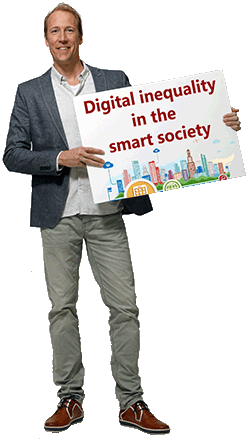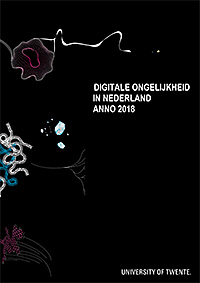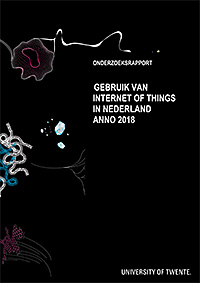Citation:
Van Deursen, A.J.A.M. & Van Dijk, J.A.G.M. (2014). The Digital Divide Shifts to Differences in Usage. New Media & Society, 16(3), 507-526.
Abstract:
In a representative survey of the Dutch population we found that people with low levels of education and disabled people are using the Internet for more hours a day in their spare time than higher educated and employed populations. To explain this finding, we investigated what these people are doing online. The first contribution is a theoretically validated cluster of Internet usage types: information, news, personal development, social interaction, leisure, commercial transaction and gaming. The second contribution is that, based on this classification, we were able to identify a number of usage differences, including those demonstrated by people with different gender, age, education and Internet experience, that are often observed in digital divide literature. The general conclusion is that when the Internet matures, it will increasingly reflect known social, economic and cultural relationships of the offline world, including inequalities.






